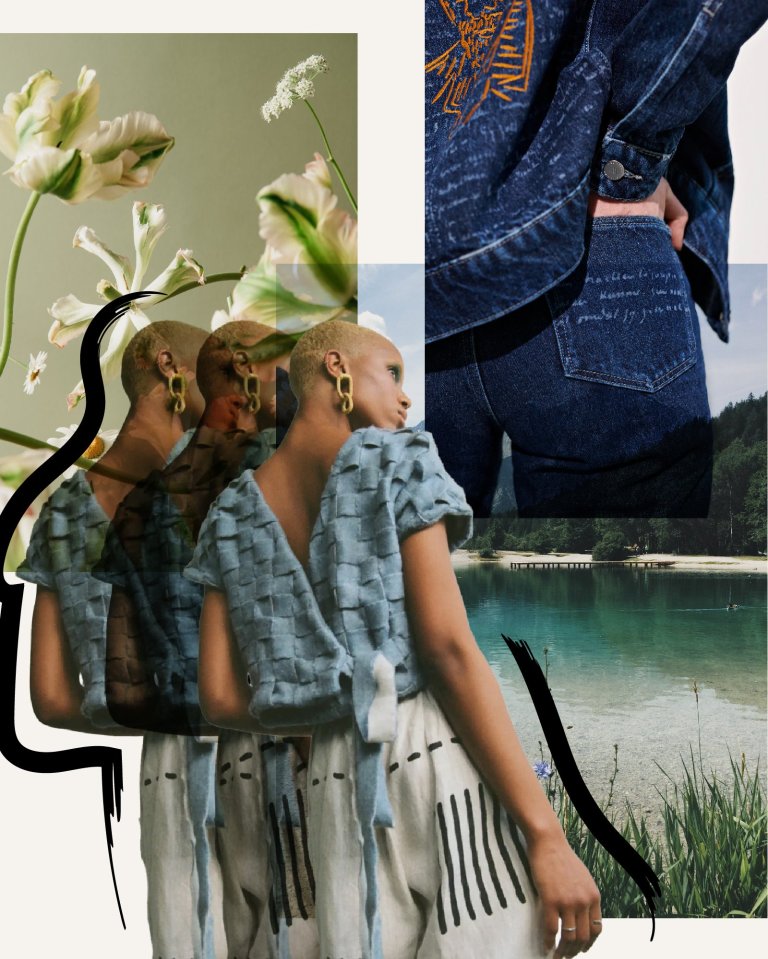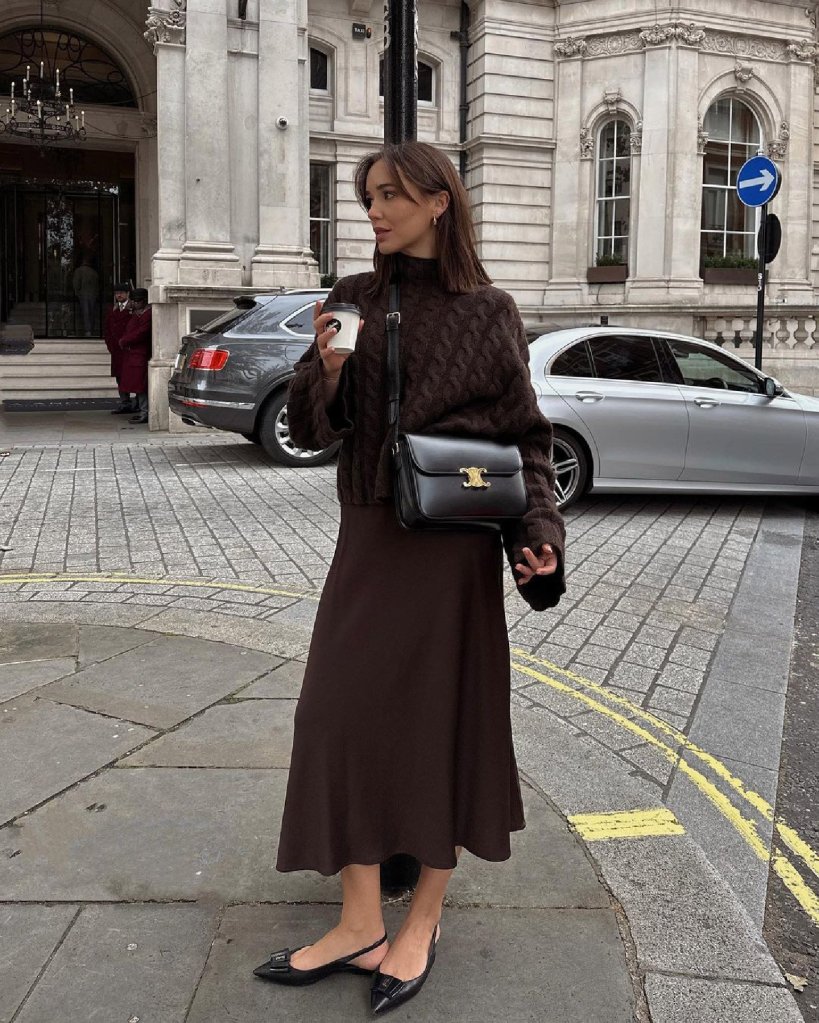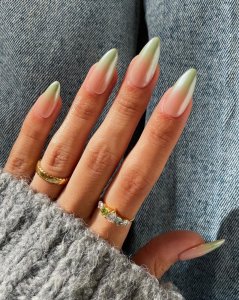I’m Bianca, fashion writer, sustainability content creator and an Eliza fashion columnist. The world of sustainability is baffling, but I’m here to help readers understand exactly what each of these definitions mean and answer: what is sustainable fashion?
In my podcast, Sustainably Influenced, we aim to “guide you through the minefield of sustainability” but in a friendly, non-judgemental way. Sustainability can often be mind-boggling and even worse, a judgey part of the fashion space.
Here is my no-nonsense guide to the most widely used terms in sustainable fashion, what they mean and what you need to look out for when shopping…
So, what is sustainable fashion?
First and foremost, I want to make clear what we really mean when we say ‘sustainable fashion’. What does it mean to be a sustainable brand?
If I’m honest, this is probably the most technical definition of the lot, taking into consideration both people and planet. Often used to greenwash consumers (a term we’ll discuss later), the phrase ‘sustainable’ isn’t actually always favoured amongst the greener fashion community and activists.
‘Sustainable’ is the idea of not using more natural resources than the planet can replace (naturally) and to not produce anything that cannot be reabsorbed back into the planet.
The concept of sustainability is all about reusing, reducing and recycling to lower our impact on the environment. The traditional model for the fashion industry is based on ‘take, make, dispose’, something that brands are slowly trying to move away from.
What is greenwashing?
This is when a company or brand portrays their activities as environmentally friendly when they are not through clever marketing.
Unfortunately, this is happening quite a lot as brands have noticed the demand for ethically made clothing. As I said earlier, a lot of terminology is often misused when it comes to marketing.
As a consumer you have to remember that just because a brand creates a product or collection that is, for example, made from ‘organically sourced cotton’, it doesn’t make it a sustainable fashion brand.
What is ethical fashion?
By now you will have seen a myriad of ‘ethical’ or ‘conscious’ collections dotted through the websites and shop windows of your favourite retailers. But do you know what that really means?
The big thing to know is that the terms ‘ethical’ and ‘sustainable’ are often used interchangeably and that there isn’t much of a difference. However, for most, ethical fashion focuses more on the social impact of the fashion industry and looks at its morals rather than the environment. Much like the term ethical; ‘conscious’ is based on similar foundations, but is also often misused.
Here are a few ethical brands to try:

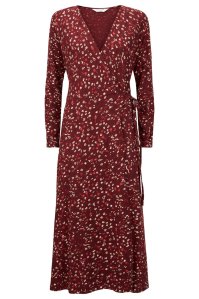
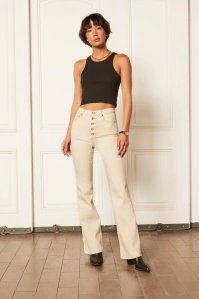
*Eliza may earn commission on sales from these product links
What does slow fashion mean?
In short, ‘slow fashion’ is the idea of investing in garments that are made to a higher standard or quality and often, to order, thus reducing waste. These will normally come in at the pricier end, but the intention is that you’ll only buy considered pieces you intend on wearing for a long time.
It’s seen as the opposite of fast fashion. The production process is much slower, less wasteful and more considered.
Here are a few slow fashion brands to try:
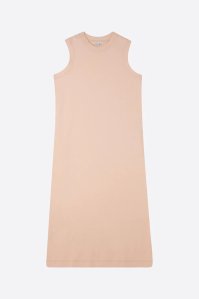
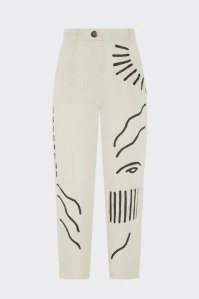
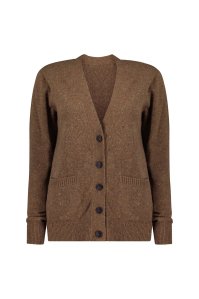
*Eliza may earn commission on sales from these product links
What does circular fashion mean?
Circular fashion is probably the easiest definition to explain in the world of sustainable fashion. It’s the belief that waste and pollution can be eliminated by creating a cycle with our clothing. By circulating the items for as long as possible, you get the most out of them and then when there’s no more use for them, they can be recycled or returned to their natural state with a lower environmental impact. Buying second-hand yourself, renting outfits and reselling your own clothes counts towards the circular fashion movement.
Here are a few circular brands to try:
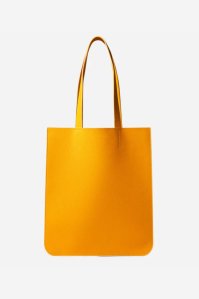
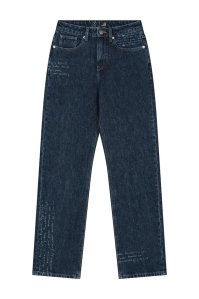
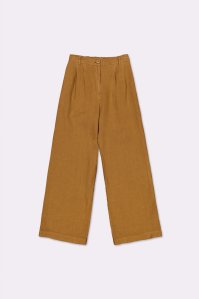
*Eliza may earn commission on sales from these product links
Now that you have all the definitions, you have the power to shop where and how you want to. Spend a little time educating yourself on what these terms all mean and look out for them when you do shop.
By understanding them further, you will be able to make more considered purchases and align yourself with brands who share similar values to yourself.
